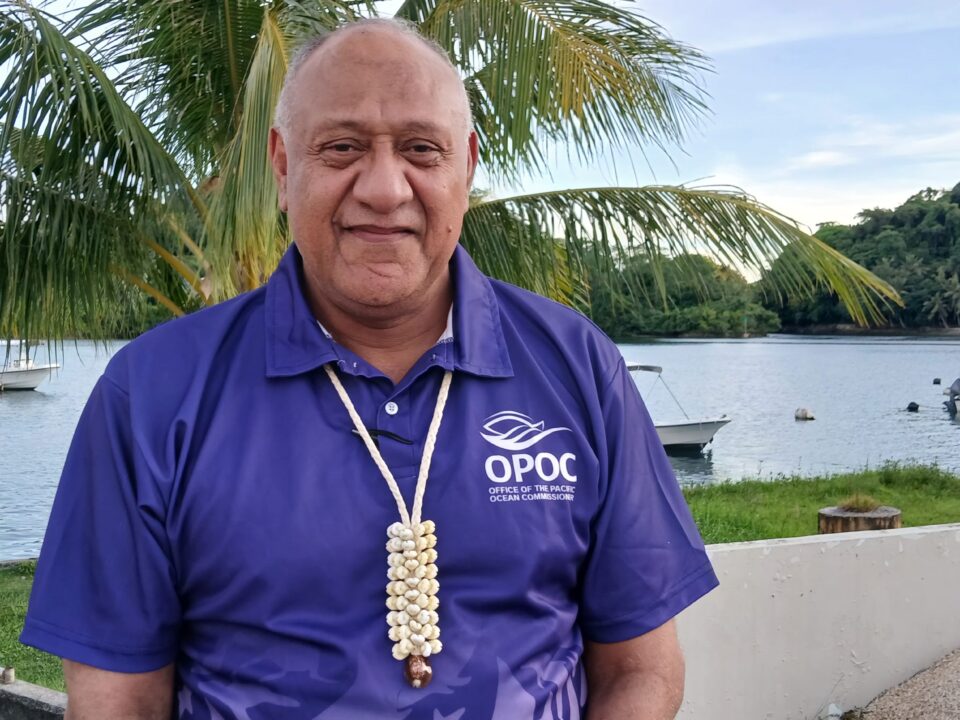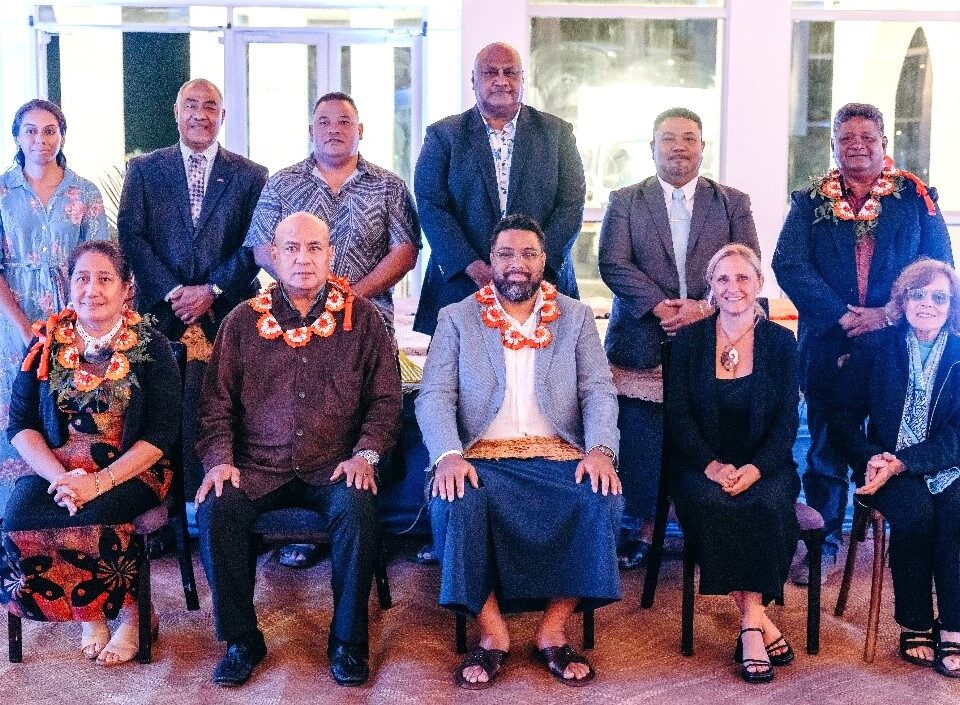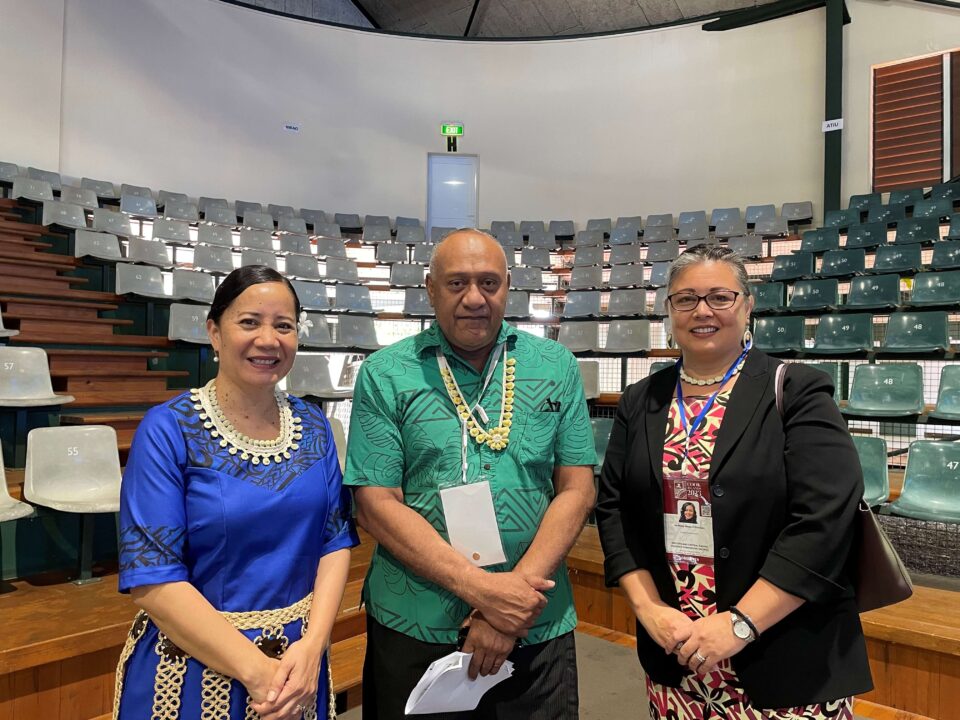
As negotiators re-convene in New York this week to debate a new treaty on biodiversity in ocean areas beyond national jurisdiction (BBNJ), Kiribati has reminded negotiators to ensure the new treaty will not undermine existing fisheries management frameworks in the Pacific.
Kiribati’s Permanent Representative to the United Nations, Ambassador Teburoro Tito referred to successful regional co-operation with the Western and Central Pacific Fisheries Commission (WCPFC) and the Parties to the Nauru Agreement (PNA) that are already bringing huge economic returns to island nations in the Pacific.
“If the new global treaty is going to do anything that will lessen our benefits from our tuna, then I will say the new agreement is not good for us.
“We hope it will not disturb the tuna stock and tuna fishing in a way that is now taking place. The graph is moving up for us because of the ability of island countries to work together to create a system where big fishing fleets come through one system. They don’t divide and rule us in the Pacific, like they used to do previously. Now the eight countries that are members of the Parties to the Nauru Agreement (PNA) are reaping benefits because the system is working, said Ambassador Tito, who previously served as President of Kiribati from 1994 to 2003.
He is worried the new agreement might weaken regional fisheries agreement in the Pacific.
“If it ain’t broken, why mend it. I hope the new global agreement will not weaken the frameworks that we already have on tuna and other things relating to the ocean wealth that are benefitting the Kiribati people.
“I can see ourselves chartering into unknown waters or deep waters if you like. We have to be very alert and vigilant of the positions of the bigger countries, those that have the capability and capacity to implement the new international agreement. We need to be very careful not to be driven by agendas that are not targeting the interests of the Pacific but their own. This is where I am conscious – looking at how things are shaping up in the negotiations, said Ambassador Tito.
Kiribati has one of the world’s largest marine protected areas, the Phoenix Island Protected Area (PIPA) that was set up to protect and conserve natural assets of global significance – tuna and other marine biodiversity within its waters.
“PIPA was set up mainly for our tuna stocks and also for other biological living things in the ocean. We want nature to have time to reproduce and be productive. But if you disturb nature too much, then the ability of nature to reproduce will be limited. We are now seeing an increase in the amount of tuna stock in Kiribati. We are doubling or tripling the amount of tuna as a result of the Phoenix Islands Protected Area (PIPA), said the Kiribati top diplomat in New York
In 2010, the PIPA was enlisted in the UNESCO’s World Heritage (WH) to become the largest and deepest marine protected area (MPA). PIPA has a size of 408,250 square kilometres, four times the size of Portugal, and almost same area of the state of California.
According to the PIPA website, the 14 seamounts identified, are amongst the deepest and tallest in the world and they hold secrets for the abundance and plethora of marine life being sustained by rich nutrients that continuously feed the healthy food chain which supports the whole species of animals; the corals, the planktons, fishes like tuna, turtles, sharks, reef fishes, deep water fishes, manta rays, eels, shell fishes and bivalves, molluscs, crabs, birds, and so forth.
Due to its remoteness and the absence of people it is acclaimed as holding the most abundance of marine and terrestrial biodiversities in an atoll setting. The PIPA since its inscription in the World Heritage is also declared as Natural Laboratory in the Wild – the first of its kind in the world.
PACNEWS coverage of the BBNJ IGC 3 in New York is made possible with funding support from the New Zealand Government through the Office of the Pacific Ocean Commissioner (OPOC).
Published: PACNEWS



